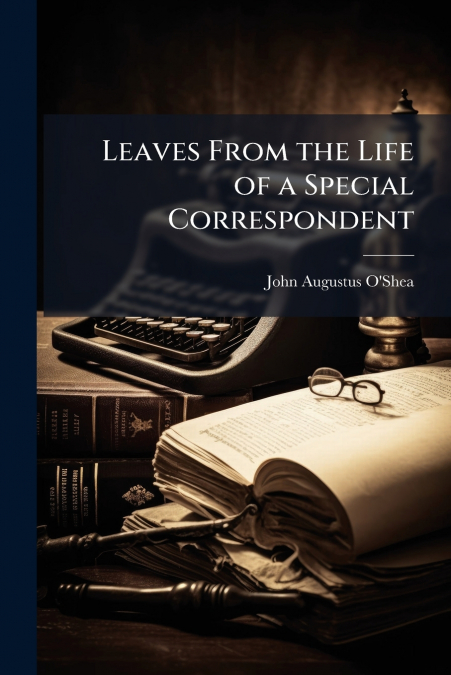
John Augustus O’Shea
'Leaves From the Life of a Special Correspondent' offers a captivating glimpse into the world of 19th-century journalism through the eyes of John Augustus O’Shea. As a seasoned correspondent, O’Shea recounts his experiences traversing Europe, documenting significant events, and engaging with a diverse array of individuals. This memoir provides a unique perspective on the political and social landscape of the era, offering readers a blend of historical insight and personal reflection. O’Shea’s narrative is rich with anecdotes and observations, painting a vivid picture of the challenges and rewards of life as a foreign correspondent. His writing style is both engaging and informative, making this book an enjoyable read for anyone interested in journalism, travel writing, or European history. Discover the world through the eyes of a man who lived it and wrote about it with passion and dedication. A valuable addition to any historical collection, 'Leaves From the Life of a Special Correspondent' captures the spirit of a bygone era.This work has been selected by scholars as being culturally important, and is part of the knowledge base of civilization as we know it. This work was reproduced from the original artifact, and remains as true to the original work as possible. Therefore, you will see the original copyright references, library stamps (as most of these works have been housed in our most important libraries around the world), and other notations in the work.This work is in the public domain in the United States of America, and possibly other nations. Within the United States, you may freely copy and distribute this work, as no entity (individual or corporate) has a copyright on the body of the work.As a reproduction of a historical artifact, this work may contain missing or blurred pages, poor pictures, errant marks, etc. Scholars believe, and we concur, that this work is important enough to be preserved, reproduced, and made generally available to the public. We appreciate your support of the preservation process, and thank you for being an important part of keeping this knowledge alive and relevant.